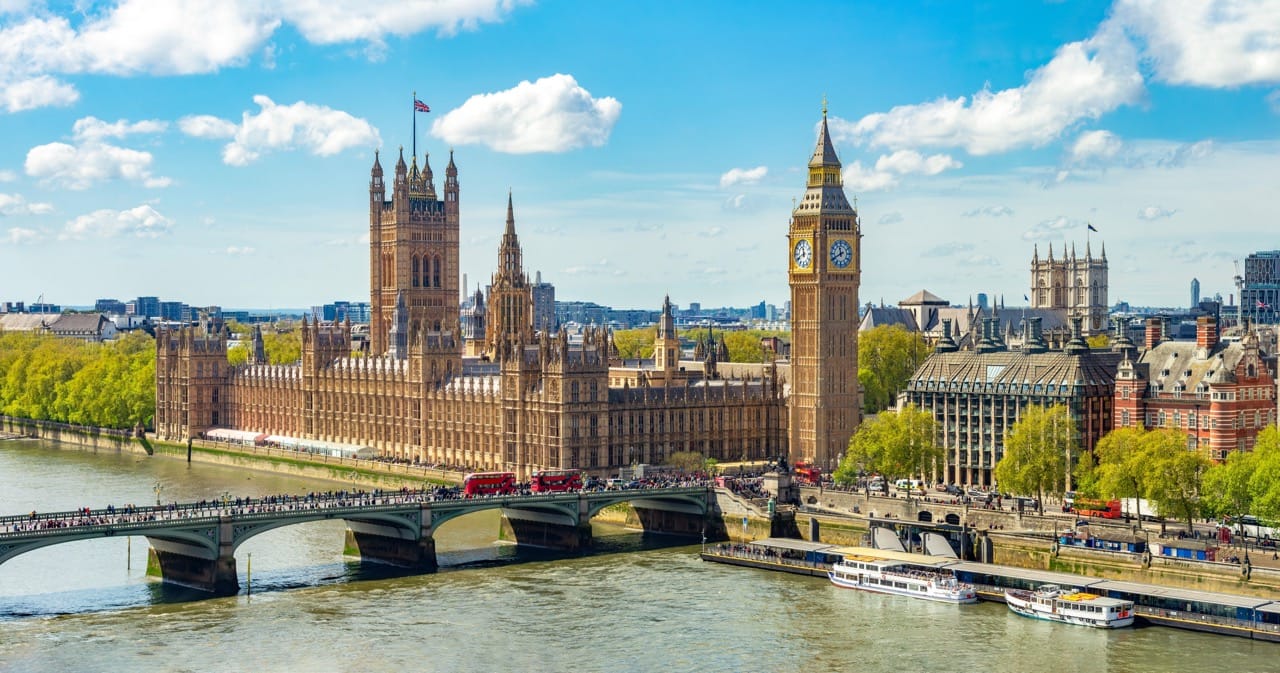The UK Government has confirmed its intention to remove sound moderators from the legal definition of a firearm, following overwhelming support from the shooting community in a recent public consultation.
The proposal, initially outlined in February 2024 by the then-Government, aimed to reduce the administrative burden on certificate holders and the police by no longer requiring a variation to a firearms certificate to acquire or possess a moderator. A total of 19,277 responses were received during the six-week consultation period, with 94% of participants supporting the proposal to de-regulate moderators.
Sound moderators – designed to reduce the noise and muzzle flash of a firearm – are currently classified as firearm components under section 57(1)(d) of the Firearms Act 1968. Possession or acquisition therefore requires appropriate police authorisation. The Government’s revised position now favours legislative change to remove this requirement, recognising that moderators pose no intrinsic risk to public safety.
In its formal response to the consultation, the Home Office stated: “This would meet the original objective of removing the administrative burden on the police and shooters of having to apply for a variation of a firearms certificate in order to acquire or own a sound moderator while at the same time helping to ensure that they were only held by those with a legitimate purpose, as demonstrated by the possession of a valid firearms certificate.”
Balance of regulation and accessibility
While confirming its intention to remove moderators from licensing controls, the Government rejected the use of a Legislative Reform Order to implement the change. Instead, it will pursue primary legislation – a process that is expected to take longer but will allow the legal definition of a firearm to be updated within the Firearms Act 1968. The change will also introduce a new offence for possessing a moderator without holding a valid firearm certificate, ensuring that access remains restricted to responsible, vetted individuals.
Health, safety and public confidence
The consultation findings strongly reflected the shooting community’s belief in the health and safety benefits of moderators. A total of 95% of respondents agreed that moderators play an important role in protecting hearing and reducing noise pollution during legal shooting activities. Additionally, 98% said there was no risk to public safety in removing moderators from licensing controls – a conclusion the Government accepted, noting that moderators are inert objects with no moving parts and no offensive capability in isolation.
Some respondents raised concerns that deregulation could enable criminal misuse, particularly in cases involving poaching or illicit activity. However, the Government concluded that these risks were minimal and would be mitigated by retaining the requirement to hold a firearms certificate.
Scotland and airguns
Although the legislative changes will apply across England, Wales and Scotland, a separate regime governs air weapons in Scotland. Under the Air Weapons and Licensing (Scotland) Act 2015, moderators for airguns will continue to be subject to control, even after the proposed changes come into force.
The Scottish Government is currently reviewing whether any adjustments will be required as a result of the UK-wide legislative reforms.
Next steps
While a timeline has not been confirmed, the Home Office said it intends to introduce primary legislation “when Parliamentary time allows”. In the meantime, sound moderators remain subject to existing licensing requirements.
It is also worth noting that sound moderators still require proof marks if they are being sold on a rifle or advertised on a rifle.
Gun Trade Insider will continue to follow developments and report on legislative progress in future issues.




